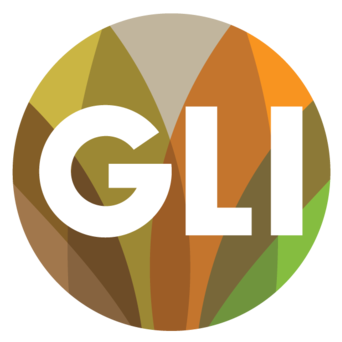Ultimately, this thought essay calls for something that we should all seek in international development which is a more efficient and collaborative approach to the work that we do that ultimately would drive better outcomes for the communities and people we serve.
To cite this article: Rumbi Anne Gumbie & Jamie Van Leeuwen (2021): A Call for a More Efficient Platform for Funding and Advocacy in International Development, Public Integrity, DOI: 10.1080/10999922.2021.1918419
To link to this article: https://doi.org/10.1080/10999922.2021.1918419
International Development
There are many definitions of International development. The United Nations has described it as the reduction of poverty and achievement of the millennium development goals (now sustainable development goals) (https://research.un.org/en/docs/dev). There is also an idealistic and dated 1960s definition that says it is the liberation of people and peoples based on structural transformation. Words like achievement and transformation lead to the idea that international development is supposed to be innovative and focused on improving people's lives. However, with more than one definition and multiple actors who have competing interests, is that really happening? Achievement and transformation in the technology and communications sector in just the past 20 years, for example, have consolidated the core functions of the personal computer, the telephone, and the personal music player into a single device that we carry with us everywhere we go. And these innovations -as would be expected given their enormous utility--have gone global very quickly. Today, 67% of the world's population owns a mobile phone, and 45.4% own a smart phone. How we communicate has become significantly more efficient. How we align funding and advocacy and invest in communities through international development has room to grow.
If innovation can advance this quickly in the technology and communications sector, why have we not seen the same exponential growth in efficiencies in international development? It has taken over 70 years since the birth of the World Health Organisation in 1948 to 2015 when the UN Sustainable Development Goals (SDGs) were released, to focus on 17 goals that aim to achieve human development, the reduction of poverty, hunger and disease by 2030. It is not to understate that there are many organizations and leaders deeply committed to seeing this happen. Perhaps looking at the way global health is funded might provide some insight into the complexities of advancing international development agendas and the barriers to a more coordinated system.
The Funding Landscape
Current global health funding models are focussed on three main functions: providing, managing and spending. 'Providing' is focussed on generating global funds which come from donor country governments, private foundations, businesses and the general public. 'Managing' is concerned with the pooling and channelling of these funds to recipients. Examples of 'managing' entities include USAID, Gates Foundation, the World Bank, the European Commission, and nongovernmental organisations (NGOs). The third function, 'spending,' is concerned with expenditure and consumption of these funds. Actors include multilateral agencies such as WHO, UNICEF and UNAIDS, as well as private-sector companies, low-and-middle-income country (LMIC) governments, and civil society organisations (CSOs).
While this landscape appears from the outside to be ordered, efficient and simple, the reality in implementation often tells a different story. NGOs for example, perform both managing and spending roles, while organisations like WHO and USAID are often involved in implementation, thereby obscuring the roles. When managing global health funds, these spending organisations often set the agenda by providing funding priorities and objectives. In turn, the spending organisations will then organise their projects according to those funding trends. Consequently, in many cases, funding priorities that drive the spending run the risk of being misaligned with the actual needs of the communities they intend to serve. International development IS complicated and the platform we currently have in place requires some rethinking.


